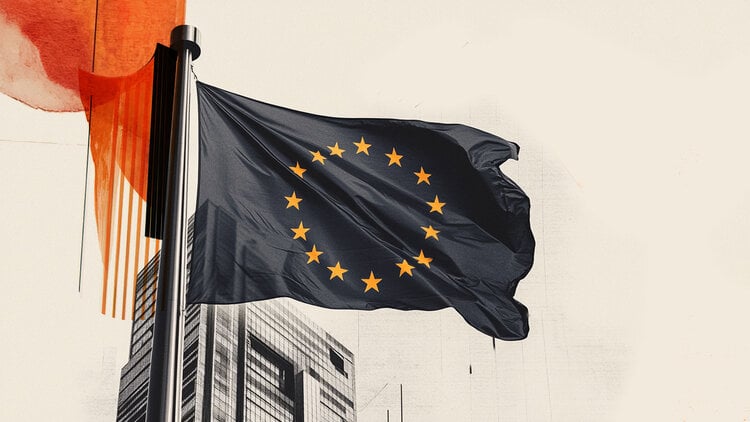The British Parliament approved a controversial immigration law which in Sunak’s idea should block the flows of illegal migrants, 45,000 in 2022 and 13,000 so far this year. Only the signature of King Charles is awaited. What does the new standard provide? The ultra-rapid expulsion of migrants, either to their country of origin or to a third country, including Rwanda, a country which signed an agreement with the British government in Geneva in 2022, but the flight to Kigali was canceled after a decision by the European Court of Human Rights. At the end of June, the English High Court had also declared this “deportation” illegal, waiting to evaluate whether or not to grant asylum, and in exchange for a river of money. Yet the government immediately announced an appeal, and now there is the go-ahead from the House of Commons and the Lords. And the barge has also arrived to house 500 asylum seekers off Dorset.
Some read it as a raise move for Rishi Sunak, who extends a hand to the right of the Conservatives while his consensus collapses in the polls (and on Thursday we vote for the supplementary elections, with an expected uncertain outcome) and also the UN criticizes him, last after various other bodies, from theArchbishop of Canterbury Justin Welby, head of the Anglican church, to a number of NGOs. The text, they write Volker Turk, High Commissioner for Human Rights, and Filippo Grandi, High Commissioner for Refugees “it contradicts the UK’s obligations under international human rights and refugee law.” What does this story teach us?
When, last October, many newspapers pointed out that the newly elected British prime minister Rishi Sunak was not only the youngest (he is 42) but also the first prime minister born of immigrants, we sensed that it was dangerous rhetoric. Like when Jill Biden is exalted because she has Italian origins as the latest fourth generation scientist who is awarded abroad, or when Giorgia Meloni is said to be making laws in favor of women just because she is a woman. In short: objective data which, however, are exaggerated to simplify the reading of reality. Which, as always, is more complex. In those articles, only laterally, two salient facts were mentioned: the fact that Sunak’s parents, born in Kenya and Tanzania, were doctors and pharmacistsbeing able to enroll him in the schools of the British elite in London, and the fact that he was married to the daughter of Narayana Murthy, an Indian tycoon. In the latter case, underlining how the fortune of the wife and the social status of the couple had in no way influenced the political ascent of the man, because he is a man, it suggests: had it been a woman, who her father was and who her husband was would certainly have been a topic of debate.
Now, we knew that the prime minister, a fervent Tory, on migrants was not a libertarian: in December he had put in charge of the Home Office, the Ministry of the Interior, Suella Braverman, the same conservative politician who, in the wake of the hawk Priti Patel (also of Indian origin), declared that the flight that deported asylum seekers to Rwanda was his dream and his obsession. But the determination with which he has stood up to the English conservative right, despite the warnings of the internal and external courts, is exemplary. Also of our naivety, when we go to read the electoral victories. Giorgia Meloni, last April, said she was aligned with Sunak’s choices and the idea of transfers to Rwanda. He did not grasp the aspect of “deportation” and the difficulty of guaranteeing humane treatment in African hot spots, which we all know are modern concentration camps, but he retorted by accusing those who criticized this idea of migrant management of racism on the contrary: “Rwanda is considered an inadequate nation, why is it in Africa?”, he said Melons. «I have been proposing for some time that hot spots open up in North Africa, that we evaluate with the international community who has the right to be a refugee and who doesn’t and therefore I don’t see anything wrong with it. I think it is also wrong to give the signal as if when we talk about African countries we are talking about countries that lack respect and fundamental rights and instead this is not the case. On the contrary, we must support them ». In short, never underestimate politicians who represent minorities and come to power: they could reserve surprises.
Source: Vanity Fair
I’m Susan Karen, a professional writer and editor at World Stock Market. I specialize in Entertainment news, writing stories that keep readers informed on all the latest developments in the industry. With over five years of experience in creating engaging content and copywriting for various media outlets, I have grown to become an invaluable asset to any team.







